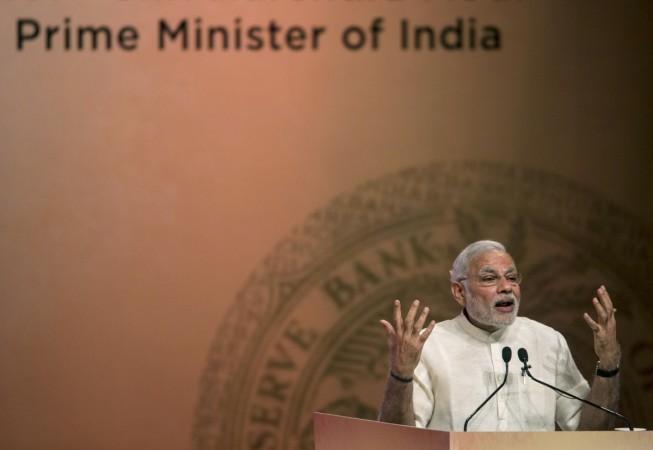
India's gross domestic product (GDP) is expected to grow by 8.1 percent in 2015 as a result of an increase in consumer spending due to low inflation, revival of infrastructure projects and the government's reform measures, according to a United Nations (UN) report.
"Growth is forecast to accelerate to 8.1 percent in 2015 and 8.2 percent in 2016, benefiting from the acceleration of infrastructure projects, strong consumer spending due to lower inflation and monetary easing and gradual improvements in market sentiments," says the UN ESCAP report titled 'Economic and Social Survey of Asia and the Pacific 2015.'
The estimate is far more optimistic than those given by the World Bank and the International Monetary Fund (IMF), which expect the Asia's third largest economy to grow by 7.5 percent in FY16.
The estimate mirrors the projection by the union finance ministry, which expects the country to grow by 8.1-8.5 per cent in 2015-16.
The agency expects investment to rebound unevenly due to low capacity-utilisation rate of about 70 percent.
On the flip side, the report warns of the risk of capital flows after the US central bank starts increasing interest rates.
Although inflation is likely to go down further because of lower global crude oil prices, structural factors can push food prices higher, says the report.
As India's agricultural output is mainly dependent on monsoon rainfall, food prices are likely to be dictated by weather conditions, it adds.
The Indian Metrological Department (IMD) has recently forecast the country to witness another year of deficient monsoon rainfall during June and September. Food prices are already under pressure from unseasonal rains; a below-normal monsoon is expected to weigh on the price further.
Nevertheless, the UN report says structural reforms are gaining momentum after the Modi government took charge in May 2014, in contrast to growing criticism over the government's failure to fast-track the reforms process.
"The 'Make in India' initiative was launched in September 2014 to promote India as a global manufacturing hub. The success of this scheme would require broad-based policy actions in enhancing human capital, access to inputs and finance, and better connectivity," says the report.
The report says one of main challenges for the country to boost growth lies in addressing labour market rigidness and creating jobs for 8 million new entrants to the job market every year.

















